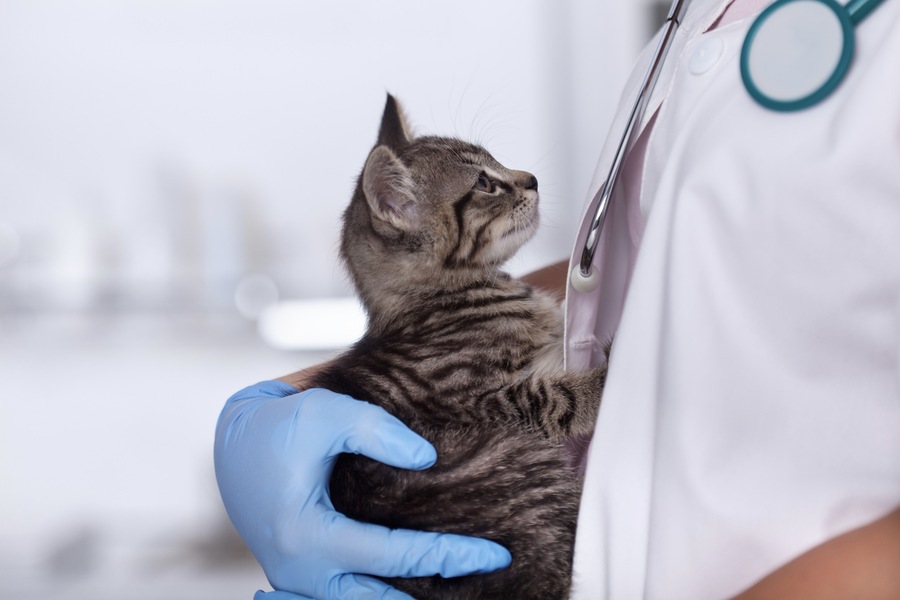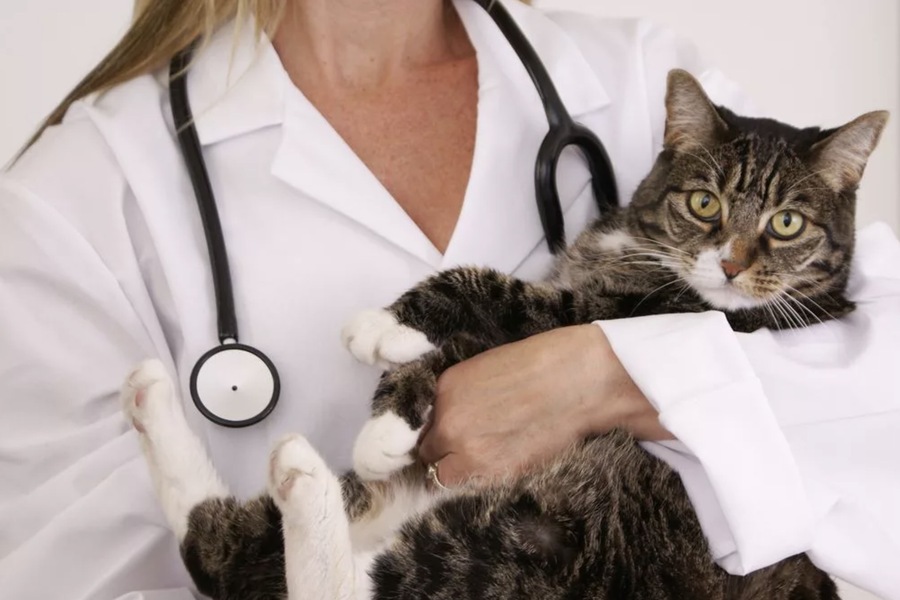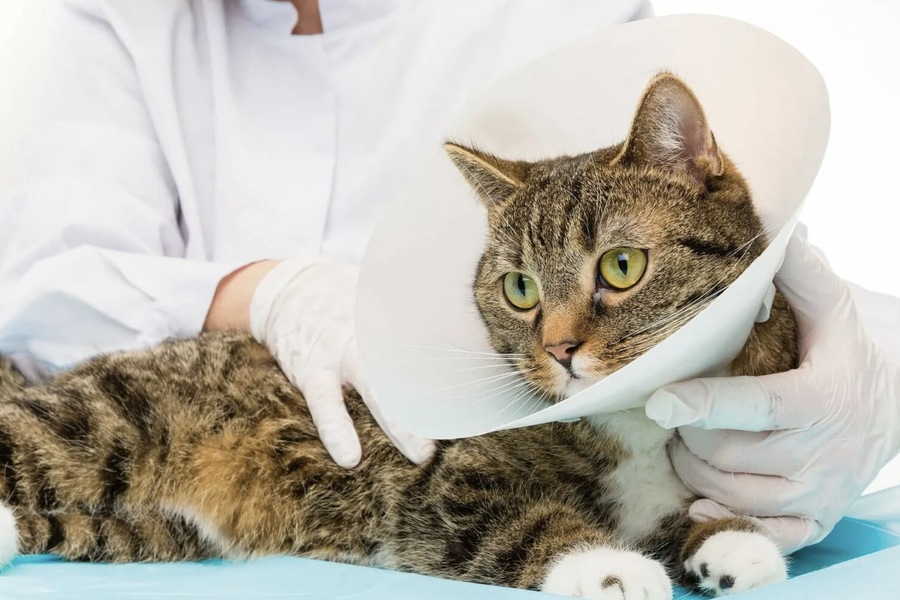Cat sterilization, often known as neutering, is important for responsible pet owners worried about their feline friends’ health and welfare. This strategy provides various health benefits for your pet while aiding in managing the undesirable cat population. This article will go over if neutering your cat is the appropriate choice, the benefits and drawbacks of the procedure, and crucial information that cat owners in the UAE should be aware of.
Knowing When and How to Vaccinate Cats
A cat’s male and female reproductive organs are removed during neutering or sterilization. During therapy, female cats often have their ovaries and occasionally their uterus removed, while male cats have their testes removed. In addition to stopping the cat from procreating, this technique can help reduce aggressiveness, territorial marking, and the desire to roam, among other hormone-related behavioral problems.
When Is the Correct Time to Neuter a Cat?
Depending on age, health, and living situation, it may not be necessary for your cat to be neutered. According to veterinarians, cats should often be neutered between four and six months. Though they are still small enough to recuperate from the procedure rapidly, cats are now old enough to reject anesthesia safely. Male and female cats undergo this phase, which usually lasts five to six months before they attain sexual maturity.
Early-age neutering can sometimes start as early as eight weeks, especially for cats coming from shelters or in circumstances where population management of cats is critical.
The Process: What to Anticipate
The feline neutering procedure is relatively uncomplicated and conducted under general anesthesia. Most felines recuperate swiftly, typically resuming normal activities within a few days. Male felines often experience a speedier and less invasive recovery post-surgery compared to their female counterparts, which may necessitate additional post-operative attention.
Cat owners are advised to confine their animals indoors throughout their recovery to avoid problems like infections. Two components of follow-up care are monitoring the surgical site and ensuring the cat doesn’t lick or bite the stitches.

Cat neutering benefits
Cats who have been neutered benefit in both behavior and health in various ways. They include:
Decreased likelihood of health issues
Cat sterilization reduces the likelihood that they will develop reproductive diseases, including testicular cancer in men and breast or ovarian cancer in women. In addition, female cats with spayed uteruses are at a lower risk of developing potentially fatal illnesses.
Improved Behavior
Neutering often results in positive behavioral changes, particularly in male cats. It reduces aggression, the desire to roam searching for a mate, and territorial marking behaviors like spraying. Female cats will no longer undergo heat cycles involving restlessness, vocalization, and other hormonally driven behaviors.
Longer Lifespan
Research indicates that cats with teeth cleaned often have healthier, longer lives than unneutered cats. According to research published in the Journal of Feline Medicine and Surgery, neutered cats had a mortality rate of 40% lower than unneutered cats because they were at a lower risk of mishaps, fights, and diseases acquired during mating.

Things Cat Owners in the UAE Should Consider
Before deciding to neuter your cat, there are many important factors to take into account if you live in the United Arab Emirates:
Local Regulations and Support
The UAE encourages responsible pet ownership through various laws and initiatives. The Emirates Veterinary Association (EVA) widely supports neutering to control the cat population.
Veterinary Clinics and Availability
The UAE has numerous veterinary clinics that offer neutering services. Selecting a clinic that follows stringent sterilization protocols is important to ensure your cat’s safety.
Post-Surgery Care
Cats typically recover within 10 to 14 days after neutering. Monitoring your cat during this time is essential to ensure they do not lick or scratch the surgical site. Some veterinarians recommend an Elizabethan collar to prevent interference with the incision. You must contact your veterinarian immediately if you observe any symptoms of illness, such as swelling or discharge.
Hazards and Recuperation
Like any medical procedure, sterilizing a cat carries inherent risks. However, neutering is considered low-risk, particularly by a licensed veterinarian. Anesthesia responses and post-surgical infections are the most frequent dangers, albeit they are uncommon when appropriate procedures are followed.
After neutering, it’s crucial to monitor your cat’s weight. Sterilized cats have a lower metabolic rate, which can lead to weight gain. To help reduce this, modify your cat’s food and ensure they get enough exercise.
In summary
Every cat owner should make the responsible decision to have their cat neutered. This procedure offers numerous behavioral and health benefits, such as reducing cancer risk and curbing unwanted habits. By seeking advice from a qualified veterinarian and adhering to the recommended guidelines, cat owners can ensure their pets enjoy healthier, longer lives.

Baseball fan, shiba-inu lover, guitarist, reclaimed wood collector and doodler. Operating at the junction of art and programing to create not just a logo, but a feeling. I’m fueled by craft beer, hip-hop and tortilla chips.
